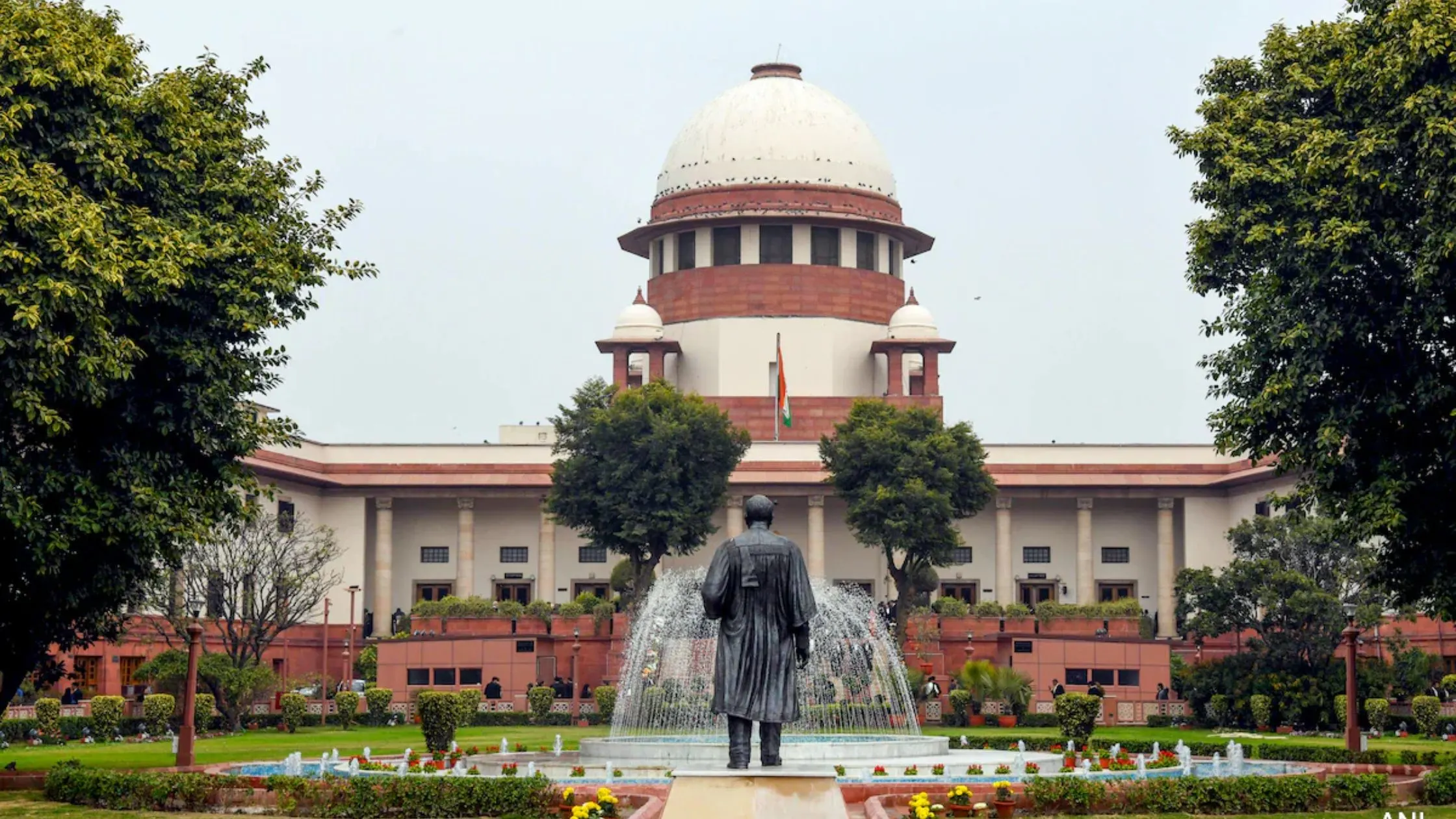Table of Content
▲- How is Property Tax Calculated?
- 2. Factors That Affect Property Tax Calculation
- 3. Legal Exemptions for Property Tax in India
- 4. How to Apply for Property Tax Exemptions
- 5. Property Tax Deductions for Homeowners
- 6. Smart Ways to Reduce Your Property Tax Liability
- 7. Property Tax Defaulters: Consequences and Penalties
- Conclusion
Property tax is a recurring obligation for homeowners, but with the right knowledge, it’s possible to minimize this financial burden through legal methods. This comprehensive guide will help you understand how property tax works in India, what exemptions and deductions you can claim, and how you can strategically manage your property tax liability.
Property tax is a tax levied by local government bodies, such as municipal corporations, on property owners. This tax helps fund infrastructure development, public services, and municipal projects. Property taxes are based on the value of the property, and the rate differs from city to city.
How is Property Tax Calculated?
The property tax amount is usually calculated based on:
- The Annual Rental Value (ARV) of the property, which estimates the rental income the property would generate annually.
- The Capital Value System (CVS), where the tax is calculated based on a fixed percentage of the market value of the property.
- Unit Area System (UAS), where the property tax is calculated by multiplying the built-up area of the property by a predefined per-unit price.
|
City |
Property Tax Calculation Method |
|
Mumbai |
Capital Value System (CVS) |
|
Delhi |
Unit Area System (UAS) |
|
Chennai |
Annual Rental Value (ARV) |
|
Bengaluru |
Unit Area System (UAS) |
|
Kolkata |
Annual Rental Value (ARV) |
2. Factors That Affect Property Tax Calculation
Several factors influence the calculation of property tax in India, including:
- Location: Properties located in prime areas or metros generally attract higher property tax rates than those in rural or suburban areas.
- Type of Property: Residential, commercial, industrial, or institutional properties may have different tax rates.
- Size of the Property: Larger properties usually incur higher taxes due to increased space and potential rental value.
- Age of the Property: Older properties may have depreciation benefits that reduce their taxable value.
- Usage: How the property is being used (residential vs. commercial) affects tax liability.
3. Legal Exemptions for Property Tax in India
The Indian government has provided various property tax exemptions to alleviate the financial burden on certain types of property owners. These exemptions vary by location, so it’s important to verify with local authorities.
Residential Property Exemptions
Many states offer exemptions or lower tax rates for properties that are used exclusively for residential purposes.
Exemptions for Senior Citizens and Disabled Individuals
- Senior Citizens: Many states offer property tax exemptions or rebates for senior citizens. For instance, in Maharashtra, senior citizens owning a self-occupied house get a rebate on property tax.
- Disabled Individuals: People with disabilities are eligible for property tax relief in several cities. This exemption is usually for properties used for residential purposes.
4. How to Apply for Property Tax Exemptions
Applying for property tax exemptions can be done online or offline, depending on your local authority. Here’s a general process for applying:
- Step 1: Visit the official website of your municipal corporation.
- Step 2: Navigate to the property tax section.
- Step 3: Fill in the required details, such as the property ID and personal information.
- Step 4: Upload the necessary documents, like age proof (for senior citizens) or disability certificates.
- Step 5: Submit the application and follow up with the authorities to confirm your exemption.
Also Read: 6 legal ways to save stamp duty on property purchase
5. Property Tax Deductions for Homeowners
Apart from exemptions, there are legal deductions available for homeowners to reduce property tax liability.
Section 24: Deduction on Home Loan Interest
Under Section 24(b) of the Income Tax Act, homeowners can claim deductions up to ₹2 lakh per year on the interest paid for home loans. This helps reduce the overall property tax burden.
Municipal Tax Deduction
You can claim deductions on municipal taxes (including property tax) under Section 24. The entire amount paid as municipal tax can be deducted from your taxable income.
|
Type of Deduction |
Amount |
|
Interest on Home Loan (Section 24) |
Up to ₹2 lakh per year |
|
Municipal Tax Deduction |
Full amount of property tax paid |
6. Smart Ways to Reduce Your Property Tax Liability
There are several strategies homeowners can use to minimize their property tax liability legally:
- Appeal Your Property Tax Assessment
If you believe that your property has been overvalued, you can appeal the assessment with your local municipality. Many homeowners successfully reduce their property tax by showing evidence that their property’s value is lower than assessed.
- Ensure Proper Documentation
Make sure that all documentation related to property valuation, size, and usage is accurate. Incorrect information may lead to over-assessment and higher taxes.
- Look for New Construction Rebates
Some states provide property tax rebates or holidays for newly constructed homes. For example, in some cities, homeowners are exempt from property taxes for the first 5 years after the construction of their house.
- Depreciation Benefits
If your property is old, you can benefit from depreciation, which reduces the overall value of the property, resulting in a lower tax.
7. Property Tax Defaulters: Consequences and Penalties
Failing to pay property tax can have serious consequences, including:
- Penalties: Municipalities often charge penalties for late payment of property taxes. The penalty rate varies, but it can range between 1% and 2% of the outstanding amount per month.
- Legal Action: In severe cases, local authorities may take legal action to recover unpaid property taxes, which could result in the property being auctioned.
- Interest on Arrears: In addition to penalties, interest on unpaid property tax is charged by municipalities.
Conclusion
By understanding the intricacies of property tax in India and leveraging available exemptions, deductions, and legal strategies, homeowners can significantly reduce their tax liability. It’s essential to stay informed about local tax laws, ensure accurate documentation, and explore all available rebates. These efforts can help you save on property tax and avoid unnecessary financial strain.
Also Read: How to change your name on property tax records?


_1770964981.webp)


_1770976628.webp)
_1768555354.webp)



Ans 1. Yes, under Section 24 of the Income Tax Act, homeowners can claim deductions on the municipal tax (including property tax) paid for their property.
Ans 2. Yes, many states, like Maharashtra, offer rebates or exemptions on property taxes for senior citizens.
Ans 3. Penalties vary by municipality but typically range between 1% to 2% of the outstanding amount per month.
Ans 4. You can file an appeal with your local municipality, providing necessary documents like property valuation and usage details.
Ans 5. Yes, some cities offer tax holidays or rebates on newly constructed homes, with exemptions for a certain period.